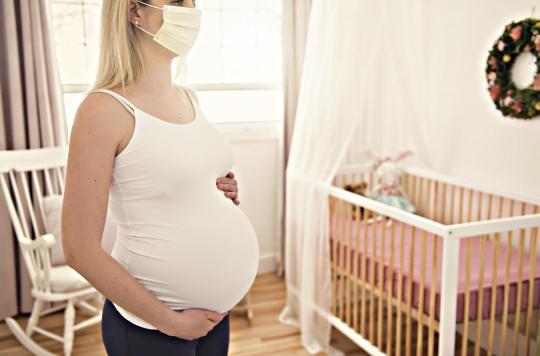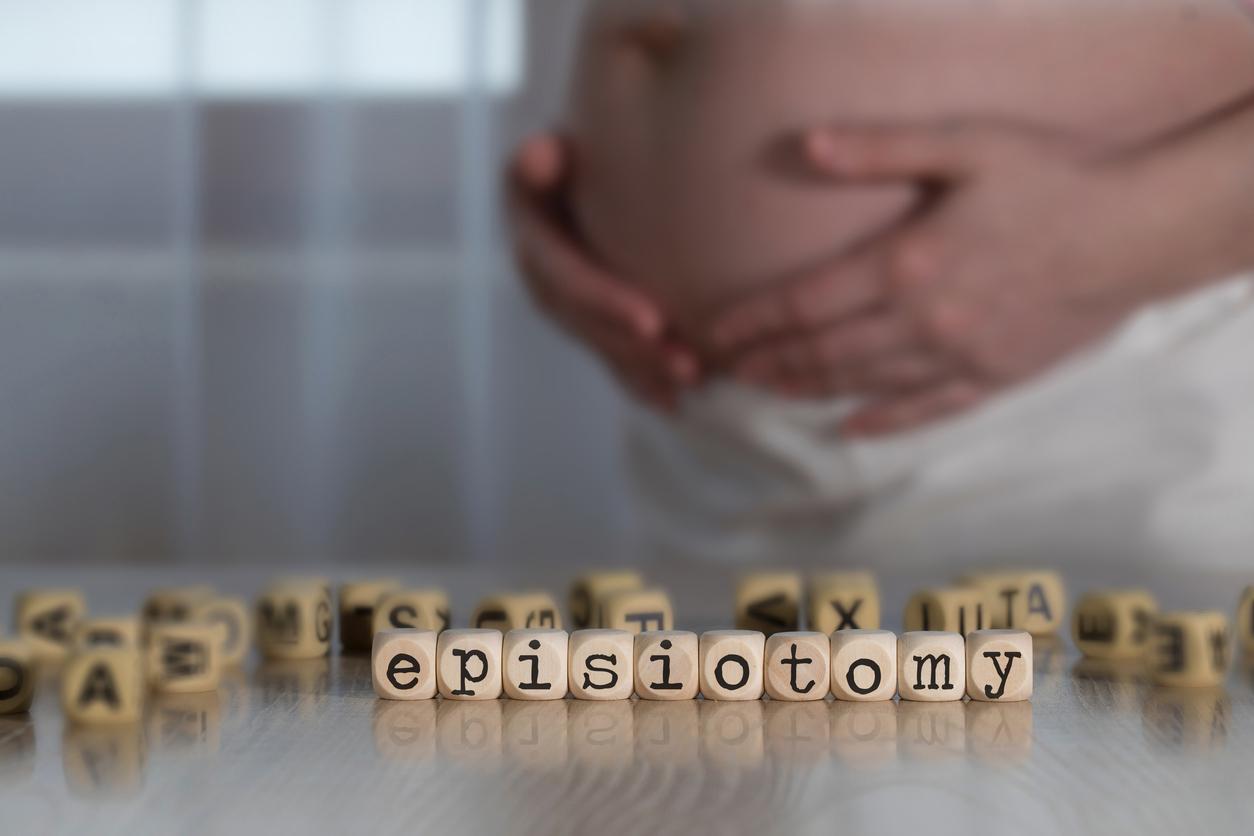Infection of pregnant women with SARS-CoV-2 is not associated with a problematic outcome of their pregnancy.

- A new JAMA study shows that the SARS-CoV-2 virus does not significantly impact pregnancy outcomes.
- In this time of health crisis, pregnant women must nevertheless be particularly careful.
While a lot of data points towards a particular impact of Covid-19 on pregnant women, a new study demonstrates on the contrary that the SARS-CoV-2 virus does not significantly impact the outcome of pregnancies.
No placental pathological differences
To reach these conclusions, the researchers looked at placental pathologies and neonatal infections, with the aim of “to assess the adverse effects associated with coronavirus infection during pregnancy”.
From March 18 to August 22, 2020, 3,374 pregnant women were tested, of which 252 tested positive for SARS-CoV-2, while 3,122 had caught nothing. The cohort included 2,520 Hispanic women (75%), 619 black (18%) and 125 white (4%). There were no differences in age and body mass index between women with or without SARS-CoV-2. Same for diabetes.
Result: Early neonatal SARS-CoV-2 infection occurred in 6 of 188 infants tested (3%), mostly born to asymptomatic or mildly symptomatic women. “There were no placental pathological differences according to disease severity,” add the scientists.
Same frequency of hospitalizations
“In a large study conducted at a single hospital setting, SARS-CoV-2 infection during pregnancy was not associated with an adverse pregnancy outcome,” deduce the researchers. “Neonatal infection can reach 3%, and can occur mainly in asymptomatic or mildly symptomatic women”, they also write. “Placental abnormalities were not associated with disease severity and the frequency of hospitalizations was similar to rates seen in women who were not pregnant.” concludes the research, published in JAMA.
In this time of health crisis, pregnant women must nevertheless be particularly careful. While the risk of transmission of the virus to the baby remains uncertain, they run a greater risk than the rest of the population of developing a severe form and dying from the virus, according to two reports published Monday, November 2 by the Centers for the control and the Prevention of Diseases (CDC) in the United States, relating to the analysis of data collected between January 22 and October 3 and between March 29 and October 14. According to these elements, pregnant women with the coronavirus also run an increased risk of premature delivery.
.















